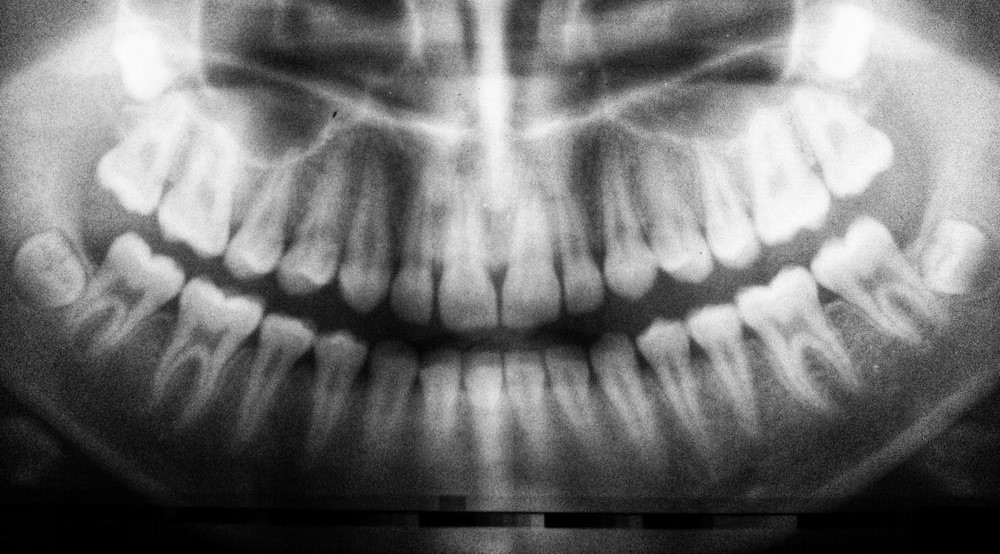There is a prevailing idea that making simple changes like walking 10,000 steps a day, cutting back on alcohol, getting better sleep, and staying socially active can lower the risk of dementia by up to 40 per cent worldwide. Given the fear surrounding dementia, why aren’t more efforts made to support these lifestyle changes through new programs and policies? However, the truth is complex. It’s widely known that making lifestyle changes can be challenging, especially when the benefits may not be evident for years, and when the scientific understanding behind these changes is unclear. Taking charge of your health is crucial, especially when facing the devastating impact of dementia on a loved one.
There are new drugs being developed for Alzheimer’s, a common form of dementia, but they are not yet a cure and are effective only in early-stage patients. This is why lifestyle changes may be the best hope for delaying or preventing dementia altogether. Actor Chris Hemsworth, after watching his grandfather battle Alzheimer’s, is making lifestyle changes due to having a high risk gene for the disease.
Research has identified several modifiable risk factors for dementia, such as physical inactivity, excessive alcohol use, lack of sleep, social isolation, hearing loss, lack of cognitive engagement, poor diet, hypertension, obesity, diabetes, brain injury, smoking, depression, and air pollution. While our understanding of the biological mechanisms behind these risk factors varies, much is known about the significance of cognitive reserve and neuroplasticity.
Cognitive reserve refers to the brain’s ability to withstand damage from disease or aging. Meanwhile, neuroplasticity is the brain’s remarkable capability to adapt, learn, and create new pathways, allowing it to recover from damage. It’s essential to engage in lifelong learning and activities to maintain cognitive reserve and neuroplasticity. Lifestyle factors like exercise, cognitive and social engagement can promote brain stimulation, increase blood flow, and reduce inflammation, contributing to the brain’s resilience. On the contrary, poor sleep, diet, social isolation, and untreated depression are linked to decreased cognitive reserve.
Stress responses and inflammation play a significant role in the body’s defense and repair processes. Prolonged stress and inflammation, as seen in chronic diseases like dementia and depression, can damage the brain. Risk factors such as hypertension, physical inactivity, smoking, and air pollution are also associated with chronic inflammation and stress, which can negatively impact the brain. Additionally, social isolation has been found to trigger the body’s stress response and lead to neuroendocrine changes, potentially damaging the brain.
Many risk factors and their biological pathways are shared across multiple chronic diseases, emphasizing the interconnectedness of overall health. A healthy lifestyle not only reduces the risk of dementia but also benefits heart health and lowers the risk of diabetes and hypertension.
It’s important to remember that it’s never too late to make lifestyle changes for better health. While being physically and socially active has advantages at any age, research shows that the benefits may be even greater after age 40 when the risk factors for cognitive decline increase. Making lifestyle changes can have a positive impact on health and independence in old age, potentially preventing major diseases and allowing individuals to lead their best possible lives.![]() This article is republished from The Conversation under a Creative Commons license. Read the original article.
This article is republished from The Conversation under a Creative Commons license. Read the original article.
The astonishing impact of lifestyle in battling dementia














